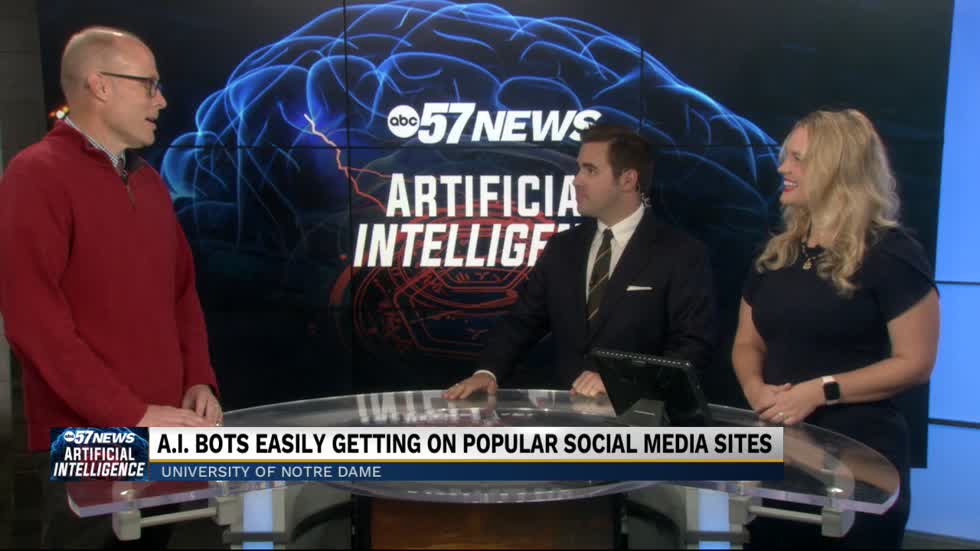Artificial Intelligence (AI) is revolutionizing healthcare, particularly in diagnostics, by augmenting the skills of medical professionals rather than replacing them. Rajesh Basa‘s work delves into the evolving role of AI in healthcare diagnostics, emphasizing its potential to significantly improve accuracy and patient outcomes while tackling pressing challenges like data privacy and ethical considerations. This article highlights key innovations, technologies, and future directions shaping AI’s integration into medical diagnostics.
Enhancing Diagnostic Accuracy with AI
AI’s role in healthcare diagnostics is rapidly growing, with the market projected to reach $187.95 billion by 2030. AI systems are achieving notable success in medical imaging, often matching or surpassing human experts in detecting diseases. For instance, AI has shown high sensitivity in identifying lung nodules from CT scans and excels in detecting brain hemorrhages, helping to reduce diagnostic delays and errors. By processing large datasets, such as patient records and medical images, AI detects subtle patterns missed by …





![Bridging the Gap: How AI is Transforming Healthcare Diagnostics [Video]](https://aimarketingshowcase.com/wp-content/uploads/2024/10/mp_541370_0_aitransforminghealthcarediagnosticsjpg.jpg)




![Altadena neighbors lean on each other after fire destroys townhome NBC Boston [Video]](https://aimarketingshowcase.com/wp-content/uploads/2025/01/mp_575886_0_NIKOCLEMENSFIREjpg.jpg)

